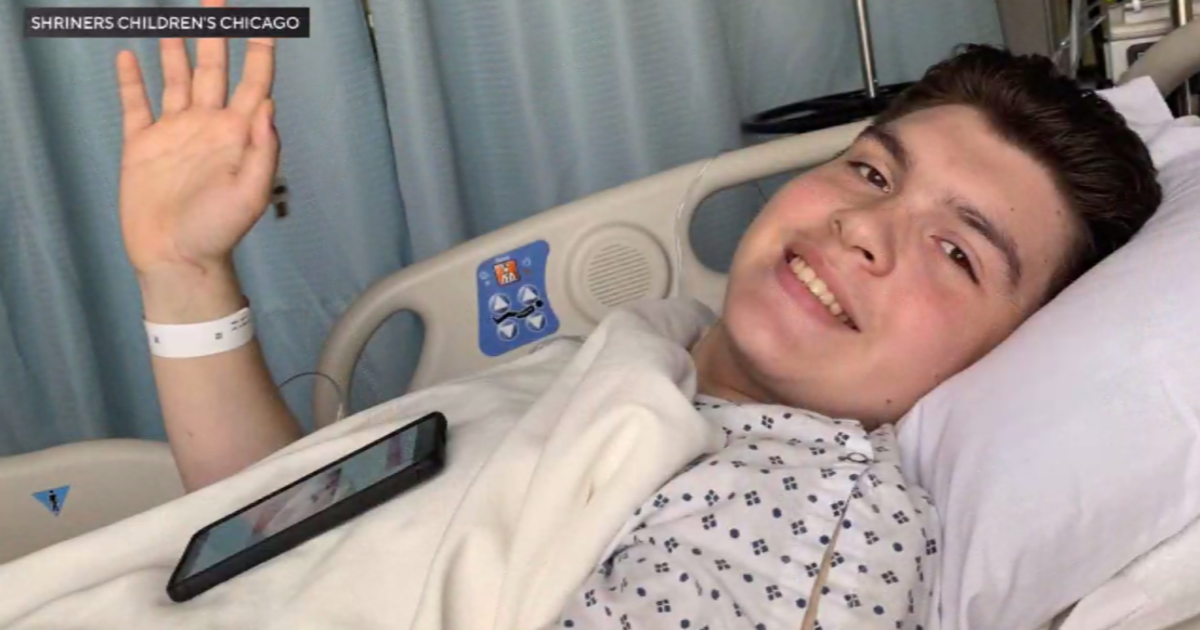Chicago Hospital Evaluates New Stem-Cell Therapy For Pain
(CBS) – Is it the future of pain relief, the end of pain pills, physical therapy and knee or hip replacements?
CBS 2's Mary Kay Kleist looks at a new procedure offered at only a handful of places. It's still a bit controversial. But some doctors and their patients swear by it.
Linda Morning-Starpoole suffered terrible knee pain, the result of sports injuries when she was younger.
Traditional treatment might involve steroid injections, physical therapy and joint replacement. But she wanted an alternative.
"The thought of me healing me with through my own stem cells is what sold me on the procedure," she says.
Here's how it works: Doctors take bone marrow from the hip and spin it in a machine to get the stem cells. Those cells are then mixed with the patient's platelets, a type of blood cell involved in healing.
The mixture is injected back into the joint, where the stem cells turn into new tissue, reduce pain and improve function.
Stem cells can come from blood, bone marrow, fat and placentas. And for reasons not completely understood, doctors have found that injections dramatically jumpstart the healing process.
Marci Santora Shontz of Chicago opted for the treatment after suffering terrible knee pain.
"It finally reached a point where I literally couldn't even walk," she says.
"We were trying to help prevent her from going to the operating room," explains Dr. Brian Cole of Rush University Medical Center. "We have been able to spare or eliminate the need for surgery by injecting platelet-rich plasma."
When the PRP is injected into the damaged area, it speeds healing. Doctors at Rush are now trying to improve the treatment.
"We have a new project going on now using our own body stem cells that are augmented with platelet-rich plasma," Dr. Cole says.
It's been over a year since Marci's procedure.
"I feel fantastic," she says.
Typically stem-cell injections are done for pain in the knees, hips, shoulders, ankles and spine. Results last from one to five years.
For more information about the clinical trials click here and here.



